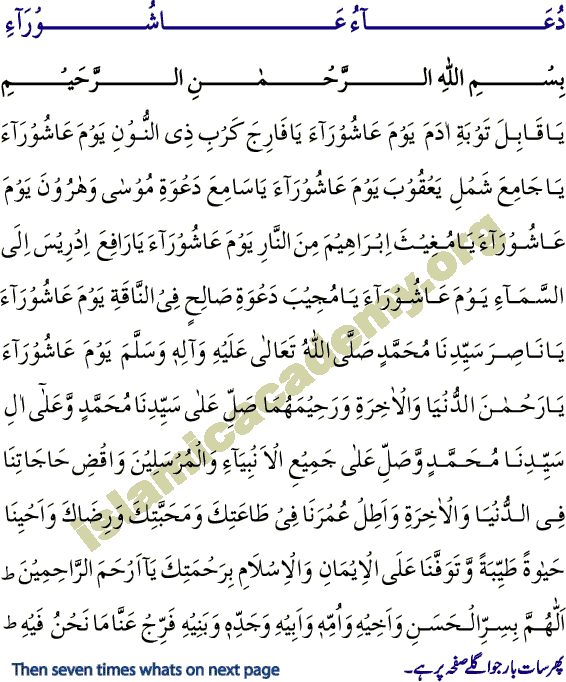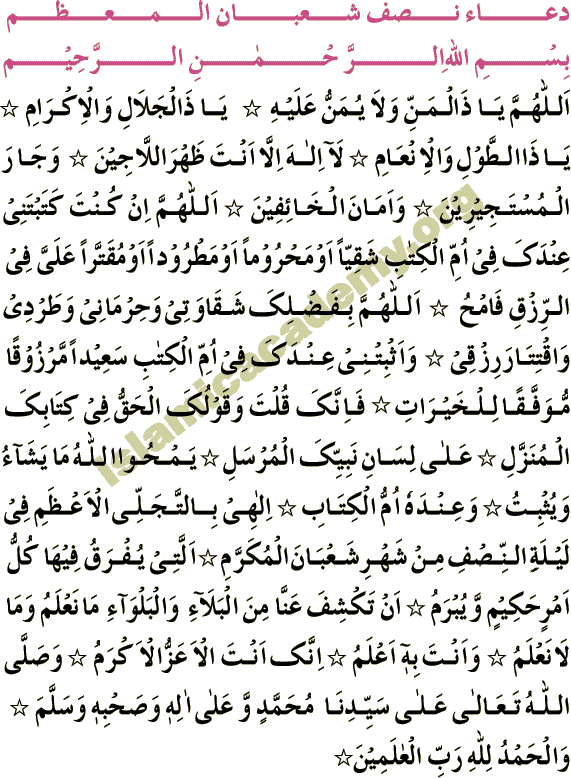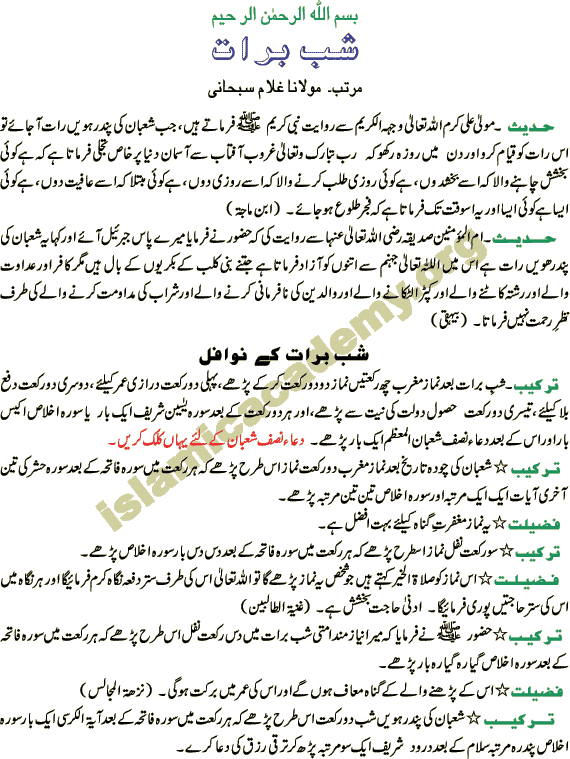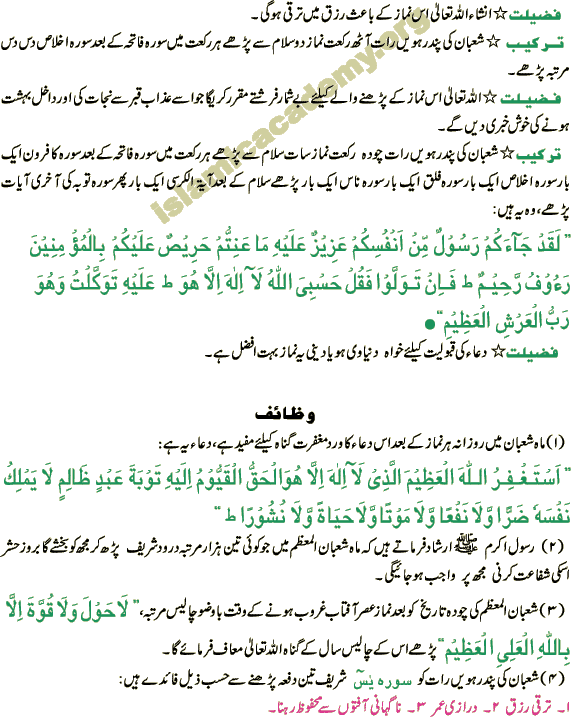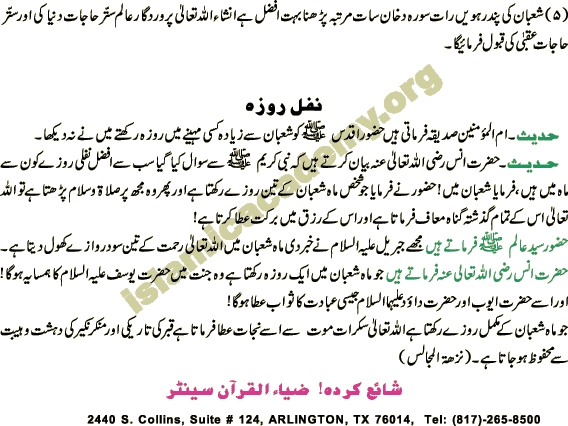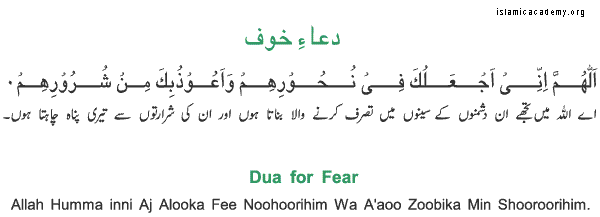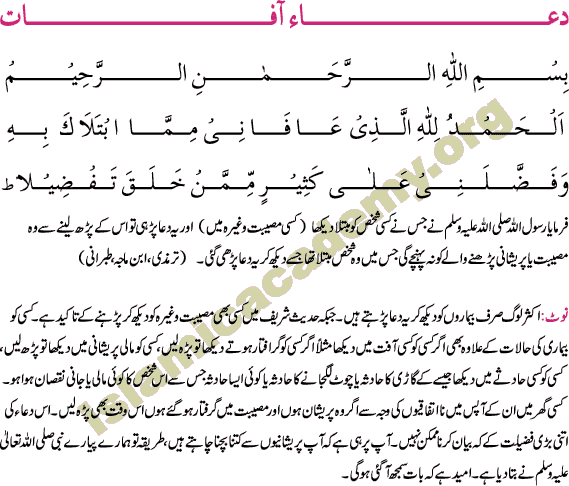1. Aisha Siddiqa (Radi Allahu anha) narrates that the Prophet of Allah ![]() said, "Whenever one eats then he should say the name of Allah (say
said, "Whenever one eats then he should say the name of Allah (say ![]() ) and if he forgets to say Bismillah in the beginning then he should say, "
) and if he forgets to say Bismillah in the beginning then he should say, "![]() " (Tirmizi, Abu Dawood, and Hakim)
" (Tirmizi, Abu Dawood, and Hakim)
2. Wahshi Bin Harb (Radi Allahu anhu) narrates that the Prophet of Allah ![]() said, "Eat together and read
said, "Eat together and read ![]() , in this, there is blessing for you." (Masnad Imam-e-Ahmad, Sunan-e-Abi Dawood, Ibne Majah)
, in this, there is blessing for you." (Masnad Imam-e-Ahmad, Sunan-e-Abi Dawood, Ibne Majah)
3. Jabir Bin Abdullah (Radi Allahu anhu) narrates that the Prophet of Allah ![]() said, "Whenever someone enters the house and at the time of entering and eating recites
said, "Whenever someone enters the house and at the time of entering and eating recites ![]() , the Shaitan says to his offspring that "you will not be able to live or eat in this home", and if at the time of entrance one doesn't read
, the Shaitan says to his offspring that "you will not be able to live or eat in this home", and if at the time of entrance one doesn't read ![]() then he [the devil] says "that you have found a place to live" and if someone doesn't read
then he [the devil] says "that you have found a place to live" and if someone doesn't read ![]() at the time of eating then he says "you found a place to live and you have found food." (Sahih Muslim)
at the time of eating then he says "you found a place to live and you have found food." (Sahih Muslim)
4. Amr Bin Abi Salma (Radi Allahu anhuma) narrates that I was child in the care of the Prophet of Allah ![]() . While eating I would put my mouth on every side of the dish. Rasul-Allah
. While eating I would put my mouth on every side of the dish. Rasul-Allah ![]() said, "After reading
said, "After reading ![]() , eat from the right side and eat from that side of the dish which is nearer to you. (Bukhari and Muslim)
, eat from the right side and eat from that side of the dish which is nearer to you. (Bukhari and Muslim)
5. Jabir Bin Abdullah and Asma (Radi Allahu anhuma) narrate that Rasul-Allah ![]() said, "Cool your meal because there is no blessing in hot food. (Rawahul-Hakim and Abu Dawood)
said, "Cool your meal because there is no blessing in hot food. (Rawahul-Hakim and Abu Dawood)
6. Abu Saeed Khizri (Radi Allahu anhu) narrates that the Prophet of Allah ![]() used to recite
used to recite ![]() after eating food. (Tirmizi)
after eating food. (Tirmizi)
7. Aqba Bin Amir (Radi Allahu anhu) narrates Rasul-Allah ![]() said, "That meal which
said, "That meal which ![]() has not been read on is illness and there is no blessing in it. The compensation for it is that if the table cloth has not been picked up then read
has not been read on is illness and there is no blessing in it. The compensation for it is that if the table cloth has not been picked up then read ![]() and eat something and if the table cloth has been picked up then read
and eat something and if the table cloth has been picked up then read ![]() and a lick the fingers. (Ibn Asakar)
and a lick the fingers. (Ibn Asakar)
8. Ans Bin Malik (Radi Allahu anhu) narrates that Rasul-Allah ![]() said, "Whenever you eat or drink, read this, then you will not get any illness even if it has poison:
said, "Whenever you eat or drink, read this, then you will not get any illness even if it has poison: ![]() (Rawahul Daylmee)
(Rawahul Daylmee)
9. Abdullah Bin Umar (Radi Allahu anhuma) narrates that Rasul-Allah ![]() said, "When one eats then he should eat with the right hand and when one drinks then he should drink with the right hand. (Bukhari & Muslim)
said, "When one eats then he should eat with the right hand and when one drinks then he should drink with the right hand. (Bukhari & Muslim)
10. Ka'ab Bin Malik (Radi Allahu anhu) narrates Rasul-Allah ![]() would eat with three fingers and before wiping would lick them with the tongue. (Bukhari and Muslim)
would eat with three fingers and before wiping would lick them with the tongue. (Bukhari and Muslim)
11. Jabir bin Abdullah (Radi Allahu anhuma) narrates that Rasul-Allah ![]() said, "Lick the fingers and the dish. You don't know which part of meal has blessings." (Sahih Muslim)
said, "Lick the fingers and the dish. You don't know which part of meal has blessings." (Sahih Muslim)
12. Nobelsha (Radi Allahu anhu) narrates from Rasul-Allah ![]() said, "Whoever, after eating will lick the dish, that dish will do Istighfar for him. (Tirmizi and Musnad-e-Imam Ahmad)
said, "Whoever, after eating will lick the dish, that dish will do Istighfar for him. (Tirmizi and Musnad-e-Imam Ahmad)
13. Abdullah Bin Abbas (Radi Allahu anhuma) narrates the Prophet of Allah ![]() said, "Do not blow from your mouth into food and water." (Rawahe Tibrani)
said, "Do not blow from your mouth into food and water." (Rawahe Tibrani)
14. Aisha Siddiqa (Radi Allahu anha) narrates that Rasul-Allah ![]() entered the house and saw some fallen bread. He picked it up, wiped it, and ate it. Afterwards He said, "Aisha, respect good things. When this thing (bread) runs away from a nation it doesn't return." (Ibn-e-Majah)
entered the house and saw some fallen bread. He picked it up, wiped it, and ate it. Afterwards He said, "Aisha, respect good things. When this thing (bread) runs away from a nation it doesn't return." (Ibn-e-Majah)
15. Abdullah Bin Umme Haraam (Radi Allahu anhu) narrates that Rasul-Allah ![]() said, "Respect bread. It is from the blessings of the skies and earth. Whoever eats fallen bread from the table cloth for him there is Maghfirah [salvation]. (Rawahe Tibrani)
said, "Respect bread. It is from the blessings of the skies and earth. Whoever eats fallen bread from the table cloth for him there is Maghfirah [salvation]. (Rawahe Tibrani)
16. Aisha Siddiqa (Radi Allahu anha) narrates that Rasul-Allah ![]() said,"Do not get up from From food (DastarKhawan-Mat) until Food has been picked up" (Ibn-e-Majah)
said,"Do not get up from From food (DastarKhawan-Mat) until Food has been picked up" (Ibn-e-Majah)
17. Abudllah Bin Umar (Radi Allahu anhuma) narrates that Rasul-Allah ![]() said, "When the table cloth is chosen, no one should stand until the table cloth is picked up and he should not take away his hand from the food until all have finished eating. If he his going to stop his hands from the food, he should excuse himself because without excusing (oneself) to stopping the hands will embarrass the other person sitting on the table cloth and he too will pull his hands from the food and it's possible that he might still necessitate food.
said, "When the table cloth is chosen, no one should stand until the table cloth is picked up and he should not take away his hand from the food until all have finished eating. If he his going to stop his hands from the food, he should excuse himself because without excusing (oneself) to stopping the hands will embarrass the other person sitting on the table cloth and he too will pull his hands from the food and it's possible that he might still necessitate food.
18. Ans Bin Malik (Radi Allahu anhuma) narrates that Rasul-Allah ![]() said, "Whoever wants that Allah Ta'ala increase blessings and goodness in his home then he should do wudu when the food is presented in front of him and do wudu when it is picked i.e., wash the hands and the mouth. (Ibn-e-Maajah)
said, "Whoever wants that Allah Ta'ala increase blessings and goodness in his home then he should do wudu when the food is presented in front of him and do wudu when it is picked i.e., wash the hands and the mouth. (Ibn-e-Maajah)
19. Abu Hurairah (Radi Allahu anhu) narrates that the Rasul-Allah ![]() said, "If there is the smell of grease on one's hand and he sleeps without washing the hands and some problem reaches him then he should blame himself. (Tirmizi, Abu Dawood, and Ibn-e-Maajah)
said, "If there is the smell of grease on one's hand and he sleeps without washing the hands and some problem reaches him then he should blame himself. (Tirmizi, Abu Dawood, and Ibn-e-Maajah)
20. Abu Abs Bin Jabr (Radi Allahu anhu) narrates that Rasul-Allah ![]() said, "Take off the shoes while eating because this is the better way." (Rawahul Hakim)
said, "Take off the shoes while eating because this is the better way." (Rawahul Hakim)
21. Abu Jahefa (Radi Allahu anhu) narrates from Rasul-Allah ![]() said, "I don't eat while (resting) on a pillow. (Bukhari)
said, "I don't eat while (resting) on a pillow. (Bukhari)
Translated By: Muhammad Omair Abdul Jabbar Qadri, America
